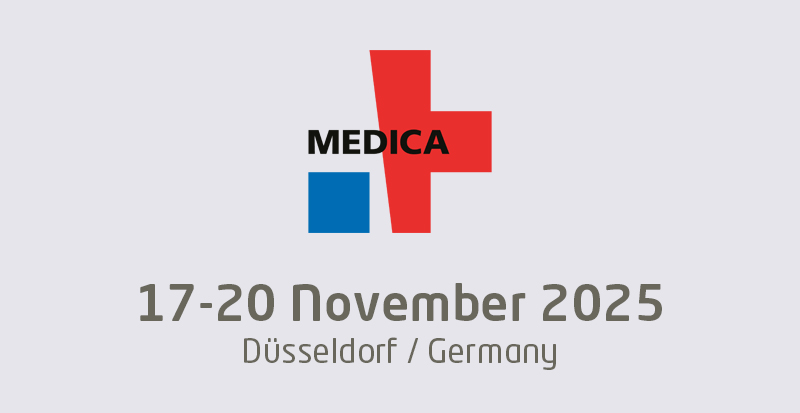A few years ago I had an appointment with a doctor who got so deeply absorbed in reading and updating my electronic medical record, there was precious little in the way of eye contact during the appointment. As he sat there staring at the screen and tickling the keys on his laptop while he talked, I was tempted to say, “Hey, doc, my eyes are up here.”
Without eye contact, I felt as though I was talking to someone immersed in a crossword puzzle, only speaking to me absentmindedly in hopes I could cough (please) up an answer to help him fill in the blank squares.
Yes, I want my doctor to be conversant with the latest medical technology, but not at the expense of conversing with me.
The problem of electronic absorption in the doctor’s office seems to be common, as evidenced by a Viewpoint article (subscription required) published online today by JAMA.
In the piece, two Medical School physicians and a colleague at another university make the case that appropriate integration and use of electronic medical records needs to become part of the standard curriculum in medical education.
Natalie Pageler, MD, MEd, clinical assistant professor in pediatrics, and Christopher Longhurst, MD, MS, clinical associate professor in pediatrics, while extolling the many benefits of EMRs in enhancing communication among doctors and patients, point out that, “the introduction of the EMR has also introduced a wide range of unintended negative consequences.”
They cite papers from medical literature describing pitfalls such as medical trainees paying more attention to a patient’s EMR than information gleaned first-hand from the patient’s physical exam, as well as the ease with which doctors can inhibit the readability of appointment notes by overstuffing them with large amounts of cut and pasted data.
The authors recommend a number of ways in which appropriate use of EMR can be broadly incorporated into medical education. Pageler is medical director of clinical informatics at Lucile Packard Children’s Hospital and Longhurst is chief medical information officer at Packard Children’s, so they’re well acquainted with the promise and pitfalls of EMR.
























